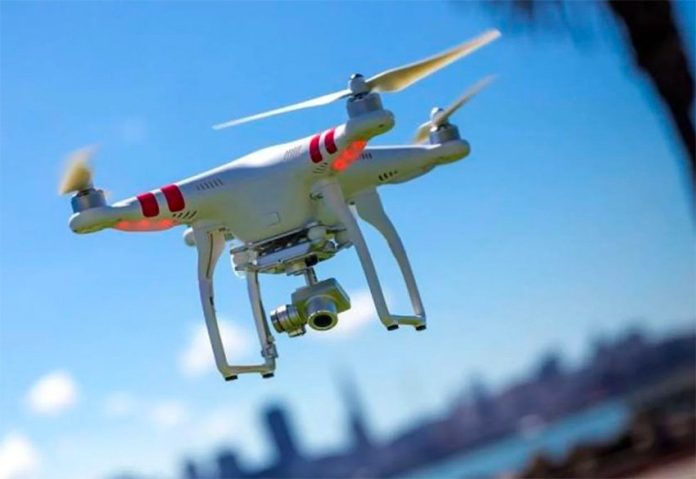Flying a drone without a license will become punishable with a potentially stiff fine in two months, but foreigners needn’t apply.
Updated regulations on the remotely piloted aircraft systems, which take effect on December 1, follow those established by the United Nations International Civil Aviation Organization.
The main one is that pilots of drones weighing 25 kilograms or more must obtain a license and not having one could result in a fine of up to 403,000 pesos (US $24,000). One of the requirements for getting a license is Mexican citizenship.
The smaller classes of drones don’t require a license but do require registration which, according to the newspaper El Financiero, also requires Mexican citizenship.
The project director of the drone pilot training academy Amacuzac told the newspaper Vanguardia that licensing is necessary for safety reasons.
Luis Salazar Brehm said drone pilots might not be aware of the risks they present to manned aircraft.
“Knowing how to fly a drone is important because we are going to occupy the same air space as manned aircraft . . . and can get a plane in trouble.”
Drone pilots must know where they can and cannot fly, he said.
The updated regulations come at a time when the drone industry is expanding beyond recreational or promotional activities into agriculture and courier service and other applications, Salazar explained.
The new regulations have been established by the Civil Aviation Agency (DGAC), part of the federal Secretariat of Communications and Transportation (SCT).
Source: El Financiero (sp), Vanguardia (sp)
